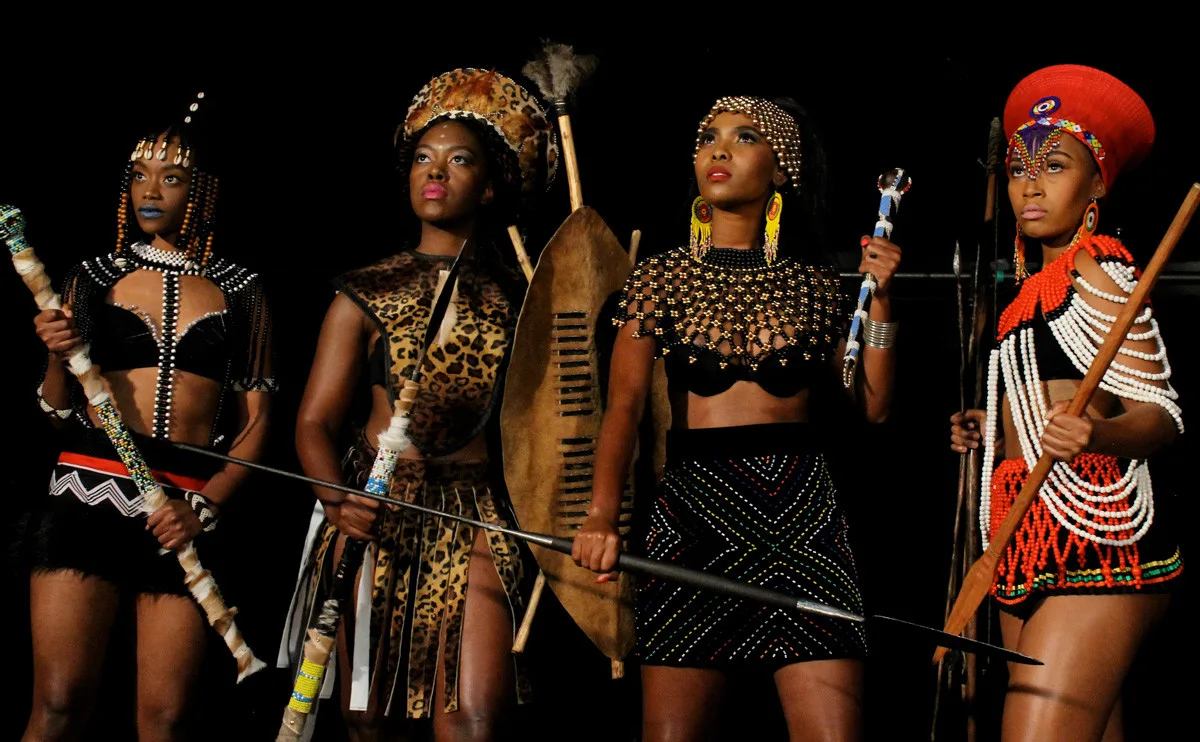The Most Powerful Tribes in Africa: A Celebration of Heritage and Influence

Africa is a continent rich in diversity, history, and culture, home to thousands of tribes that have shaped its past and continue to influence its present. Among these tribes, some stand out for their historical dominance, cultural significance, and lasting impact. In this post, we highlight the most powerful tribes in Africa, showcasing their contributions and legacies.
- Zulu (South Africa)
The Zulu are synonymous with power and resistance, thanks to their legendary leader, King Shaka Zulu, who revolutionized military tactics in the 19th century. Under his leadership, the Zulu Kingdom became one of the most formidable forces in Southern Africa. Today, the Zulu remain culturally vibrant, with their language, traditions, and iconic dances celebrated globally.
- Hausa-Fulani (West Africa)
As one of the largest ethnic groups in Africa, the Hausa-Fulani dominate the political and cultural landscape of Nigeria and neighboring countries. Known for their vast trade networks and Islamic scholarship, they were key players in the Sokoto Caliphate, one of the most powerful Islamic states in Africa’s history.
- Igbo (Nigeria)
Renowned for their entrepreneurial spirit, the Igbo are a powerhouse of innovation and commerce in West Africa. They played a pivotal role in Nigeria’s development and are celebrated for their resilience, cultural pride, and thriving diaspora communities.
- Yoruba (West Africa)
The Yoruba are among the most influential tribes in Africa, with a history rooted in powerful kingdoms such as Oyo and Ife. Known for their art, spirituality, and sophisticated governance, the Yoruba have a legacy that spans from Nigeria to the Americas, where their religious practices like Orisha worship continue to thrive.
- Berber (North Africa)
The Berbers are the indigenous people of North Africa, known for their resilience and contributions to the region’s history. Their mastery of trade, resistance to foreign rule, and vibrant cultural traditions make them a vital part of Africa’s story.
- Ashanti (Ghana)
The Ashanti Empire was one of the most advanced pre-colonial states in Africa, famous for its wealth, gold, and military prowess. Despite British colonization, the Ashanti maintained their cultural identity and continue to play a prominent role in modern Ghana.
- Somali (Horn of Africa)
Occupying a strategic position in the Horn of Africa, the Somali have a rich history of maritime trade and resilience. Their nomadic traditions and influence in the region underscore their importance in African history.
- Tuareg (Sahara Desert)
Known as the “Blue People” for their indigo-dyed garments, the Tuareg are masters of the Sahara Desert. They historically controlled vital trans-Saharan trade routes and maintain a distinct identity despite modern challenges.
- Maasai (East Africa)
The Maasai are internationally recognized for their vibrant culture, distinctive attire, and warrior traditions. Found in Kenya and Tanzania, they are an enduring symbol of African heritage and a major draw for cultural tourism.
- Amhara (Ethiopia)
The Amhara people have played a central role in Ethiopia’s history, from the Solomonic Dynasty to the adoption of Ethiopian Orthodox Christianity. Their contributions to Ethiopia’s culture, language, and governance are unparalleled.
- Mandinka (West Africa)
The Mandinka trace their roots to the legendary Mali Empire, which was once led by the wealthiest man in history, Mansa Musa. Known for their rich oral traditions and Islamic scholarship, the Mandinka remain culturally and historically significant.
- Shona (Zimbabwe)
The Shona people are the builders of Great Zimbabwe, a UNESCO World Heritage Site and a testament to their ingenuity. Their rich artistic tradition, particularly in stone sculpture, continues to define Zimbabwe’s cultural identity.
- Bantu Tribes (Central and Southern Africa)
The Bantu-speaking peoples, including the Kikuyu, Baganda, and Luba, have shaped much of Africa’s cultural and linguistic landscape. Their migrations influenced the development of agriculture, ironworking, and governance across the continent.
Conclusion
These tribes represent the strength, resilience, and creativity of Africa’s people. Each has left an indelible mark on the continent’s history and continues to inspire pride and admiration. Whether through their empires, art, or traditions, these powerful tribes remind us of Africa’s rich and diverse heritage.
What are your thoughts on these tribes? Which one inspires you the most? Let us know in the comments below!

